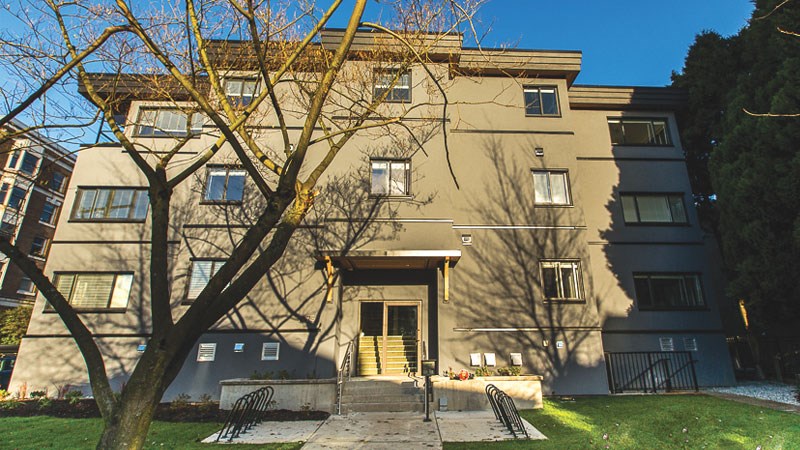The Metro Vancouver area is a tough environment for tenants and it is about to get a whole lot worse because provincial and civic politicians are rushing to help.
The provincial government was the first to bring in naive legislation that, in direct contrast to what it is supposed to accomplish, will gut the construction of badly needed rental units.
Then the City of Vancouver’s new council piled on to make sure it can make Canada’s most demanding rental market even tighter and costlier. Like some neighbouring municipalities, Vancouver apparently believes it can demand condo builders deliver low-cost rental units at the same standard as strata units, and that taxpayers are capable of paying the rent for thousands of tenants, forever.
Meanwhile, existing landlords can relax in the knowledge that rents will keep rising, demand will increase and there will be less competition from new rental units being built.
Canada Mortgage and Housing Corp. (CMHC) has seen the signs. After a careful perusal of the Metro Vancouver rental market in his annual Housing Market Outlook report, released last month, it came to an obvious conclusion. Within the next two years, the federal housing agency forecast, the average Metro rent will increase 16 per cent and the vacancy rate will remain near the 1 per cent level.
CMHC’s forecast may be optimistic if B.C.’s current leadership proceeds with its plans.
The simplistic logic from many of B.C.’s politicians is that they can force builders and investors to build or buy apartments that they have no chance of making money on.
The province, for example, has struck down a planned 4.5 per cent annual rental increase allowed under its Residential Tenancy Act and will cap the allowable increase at 2.5 per cent in 2019. Yet landlord property taxes, utility rates and insurance costs have been increasing exponentially. BC Hydro rates, as one example, have risen 7.5 per cent since 2016 and will increase 3 per cent next year.
That clattering sound you hear is the downing of hammers at planned new rental projects.
The B.C. government has also brought in a speculation tax and onerous and intrusive regulations on pre-sale condos that will drive away investors – and builders who need pre-sales to secure construction financing. The new rules will further drive down new condo sales, which have already fallen 14 per cent since January, leaving an inventory of nearly 4,500 newly completed and unsold condos clogging the Metro market.
As a result, CMHC forecasts that Metro strata starts will fall 27 per cent over the next two years, reducing the single biggest source of rental apartments and further dashing the slim hopes of rental tenants.



